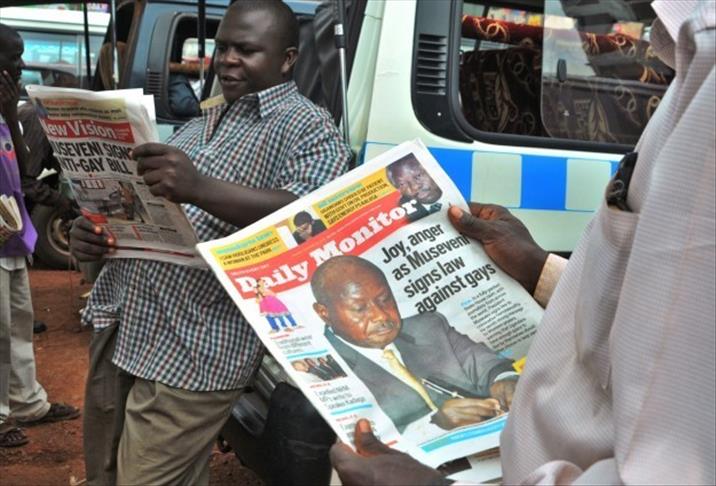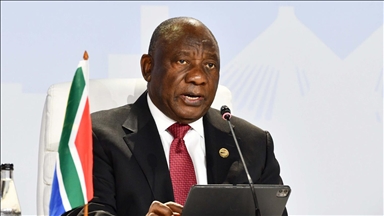
KAMPALA
By Halima Athumani
Prime Minister Amama Mbabazi asserted on Monday that his government would reduce expenses to cope with recent reductions of donor aid meant to protest the country's new anti-homosexuality law.
"We have to adjust to make sure that some of the priority areas are provided for," Mbabazi told a press conference in Kampala. "Some other areas will suffer, but that's inevitable."
"It's something we would have loved to avoid," said the premier. "But if they [donors] unilaterally take a decision, what can we do? We have to march on."
On February 24, President Yoweri Museveni signed a controversial anti-homosexuality bill into law, despite earlier warnings from the U.S. and other western countries.
Two days later, Norwegian Minister Borge Brende was quoted by local media in Kampala as saying his country would hold back around 50 million kroner (roughly $9.2 million) worth of financial assistance.
The Netherlands and Denmark also said they were reconsidering their respective aid packages to the African country due to the controversial new law.
But the biggest blow came Friday, when the World Bank announced it was freezing $90 million loan to review whether the new law would affect those who the loan was intended to help.
The money had been allocated to support maternal health in Uganda and to rehabilitate and build new hospitals.
Uganda gets some $500 million in donor aid, mostly loans, each year, accounting for roughly 20 percent of its annual budget, according to official figures.
-Problematic -
Premier Mbabazi noted that delay of the $90-million loan from the World Bank would be problematic.
"It will delay the improvement of service delivery in the health sector," he told reporters.
Mbabazi regretted that the cut would mean that the government "may not be able to meet its contractual obligations, because apparently some contracts have already been entered with the service providers."
Fred Muhumuza, an advisor to Uganda's finance minister, said the government would examine the aid cut to see what areas would be most affected.
"This will help us decide by the end of the week which less-productive areas we may have to cut our budget expenses on to finance the government's priorities," he told AA.
Muhumuza was quick to add, however, that most Ugandans "may not feel the impact of the cut because most of the donor money goes mainly to projects, the private sector and NGOs."
Professor Augustus Nuwagaba, an economist and researcher, had little sympathy for the government's predicament.
"The government can now learn and set up a new fiscal policy and be financially prudent so as to stand on its own," he told AA.
He insisted that financial aid should only serve as a catalyst for – not as an alternative to – national economic growth.
Nuwagaba asserted that donor aid should be used to facilitate production, the industrial sector, infrastructure and human capital development.
"This must be done for only two years, but unfortunately African countries – including Uganda – are still dependent on aid for long-term economic growth," he lamented.
The economist said the aid cuts would have both short- and long-term effects, causing a degree of macro-economic instability.
"This is going to hit the currency hard, sending a clear signal to the money market," Nuwagaba explained. "Interest rates will go up and foreign exchange will depreciate."
He advised the government to cut down on public administration costs that are "unnecessarily heavily funded," along with "unproductive workshops and trips abroad."
"You can't cut the health, education and agricultural budget," the economist warned. "The government already allocates little money to these areas, which should be a priority."
englishnews@aa.com.tr



